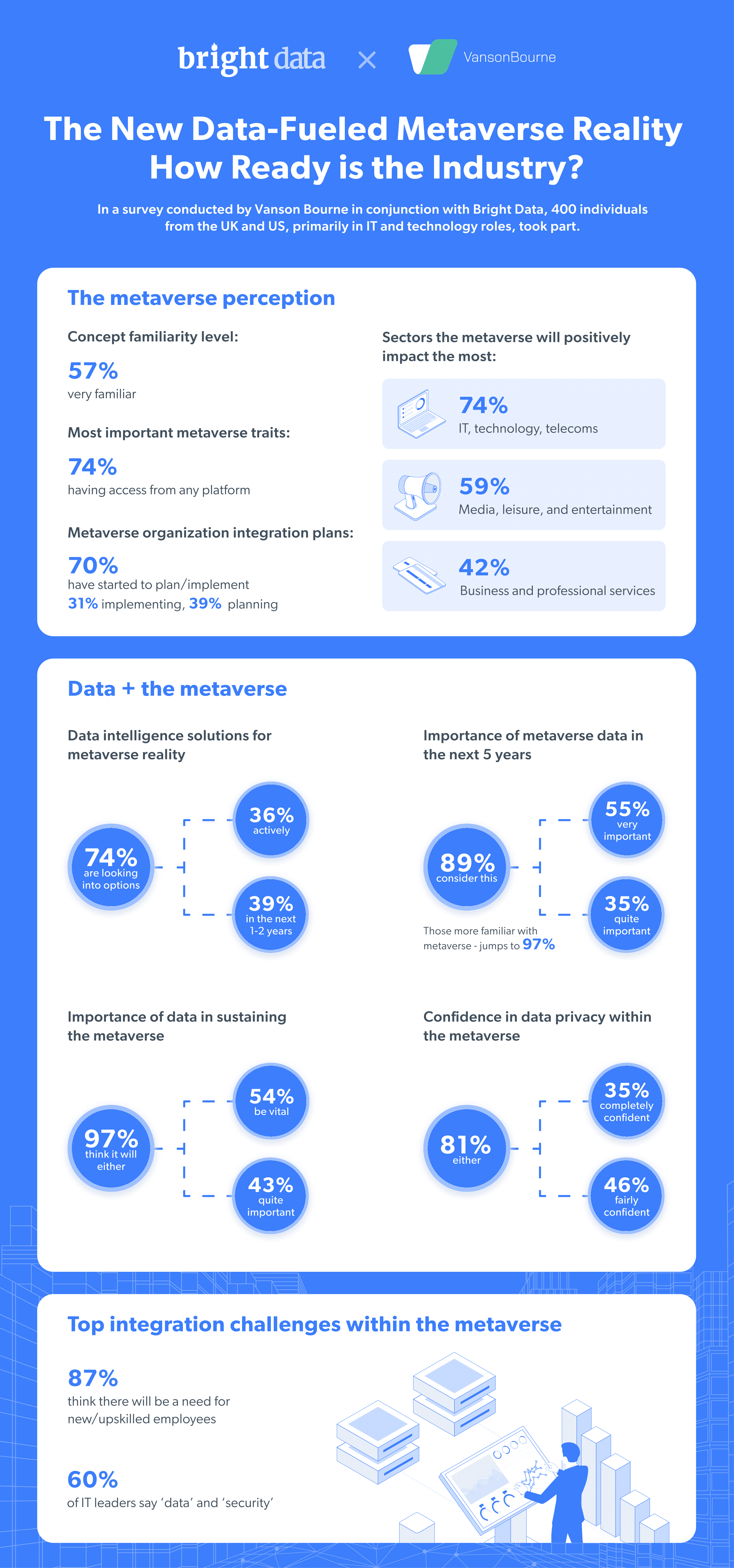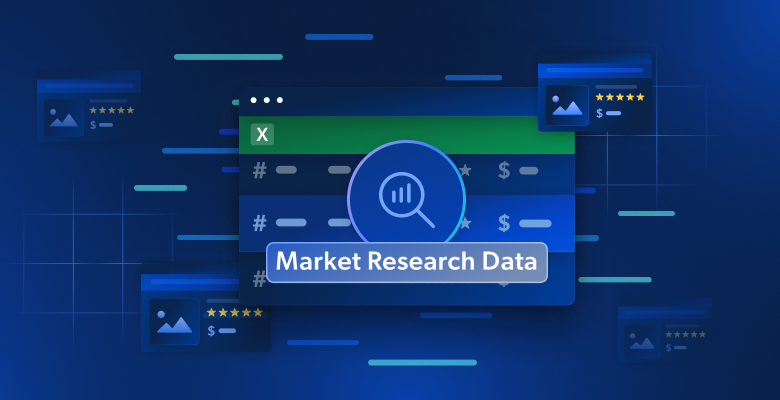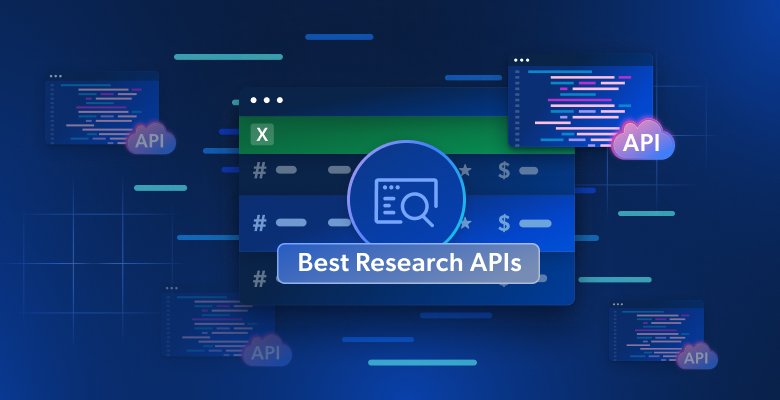Business in the Metaverse
Seven out of ten (70%) C-suite executives are planning to integrate metaverse strategies into their business operations, according to a recent survey conducted by Bright Data in conjunction with Vanson Bourne.
The survey of 400 professionals across the US and UK, who hold positions primarily in IT and technology, gave some insight into how businesses intend to use the metaverse to create new revenues by designing a new level of access for their organizations within the new digital landscape.
The metaverse is being described as the new internet, a place where millions of users will be able to enjoy a shared virtual reality across multiple digital universes, where they can connect and interact with others on a scale never experienced before.
Within the metaverse we are expected to see a change in how we learn, how we work, how we shop, participate in leisure, consume media, entertainment and even communicate with one another.

Data in the Metaverse
With the introduction of this new reality, we can expect to see an increase in new data being generated, coming from brand new sources both inside and outside of the metaverse. Furthermore, as the metaverse continues to evolve that data bank will continue to exponentially grow.
It draws parallels to the shift in the market during the coronavirus pandemic, where within each wave, immense amounts of new unique data points began spidering out, and from there companies adjusted to collecting public web data in real-time to understand the new normal after realizing historical models were simply not up to date.
We expect to see the same type of data generation with the metaverse, especially from VR and AR technologies. Although the data waves will occur on a much larger scale, considering the metaverse will exist and take place solely online.
Take retail for example. In the metaverse, retail will be different from anything we have ever experienced before, from where we buy, to how we buy and more importantly what we buy.
To compete in the metaverse, companies realize that public web data strategies will become a vital component to their future success, and while many are using data to make forward-thinking decisions, 89% of survey respondents said that the data generated within the metaverse itself will be just as important as the data used to develop their strategies.
More so, 97% of respondents said data will be important in sustaining the metaverse in general, with 54% of the total sample designating it to be “vital.”
One thing’s for certain – the information coming out of the metaverse will all be different – how we use data to make decisions will also be different – and businesses are becoming well aware of the impending changes.
The Enterprise Metaverse
The majority (78%) of respondents said the metaverse will become a new consumer reality, as Meta has envisioned it, with virtual businesses and online marketplaces.
This could consist of individually created experiences where companies are able to allow access to their organization from another platform, which 74% of respondents identified as being the most important reason for their organizations entering the metaverse.
Some 64% of the sample believe that the metaverse could become most valuable if it had the ability to “bridge different worlds” together, and bring different users from other sectors to shop or interact in the same place.
Imagine virtual malls, or virtual cities inside virtual worlds, where companies have a real address next to other places of business that you can walk up to from anywhere in the world, alongside other shoppers. Like a unique metaverse URL.
Respondents also believe the metaverse has clear benefits within a corporate setting, as almost three quarters (73%) of the sample see its potential to be used as a virtual office or for co-working.
Data generated within this environment could provide a complete picture of how an organization functions or expose weak points in its operations. This data could also be applied to machine learning programs to help computers one day replicate and complete certain tasks using AI that only humans can perform at the moment.
The Challenges of the Metaverse
While strategies are being formulated, as innovation takes place in the background, there are still many unresolved challenges preventing companies from taking the next step into this digital reality:
- 89% of businesses understand that before the introduction of the metaverse, therein lies a need to upskill and hire new staff and data-skilled employees to prepare for the reality.
- 60% of respondents identified data and security as a significant barrier standing in the way of their integration with the metaverse.
- 47% of the sample noted that there are not any set of ethics or safeguards yet in place to be able predict if it will be able to meet compliance standards.
While there is still a way to go in terms of bringing the metaverse to life, one thing is certain – data will inevitably play a fundamental role in shaping our digital future.






